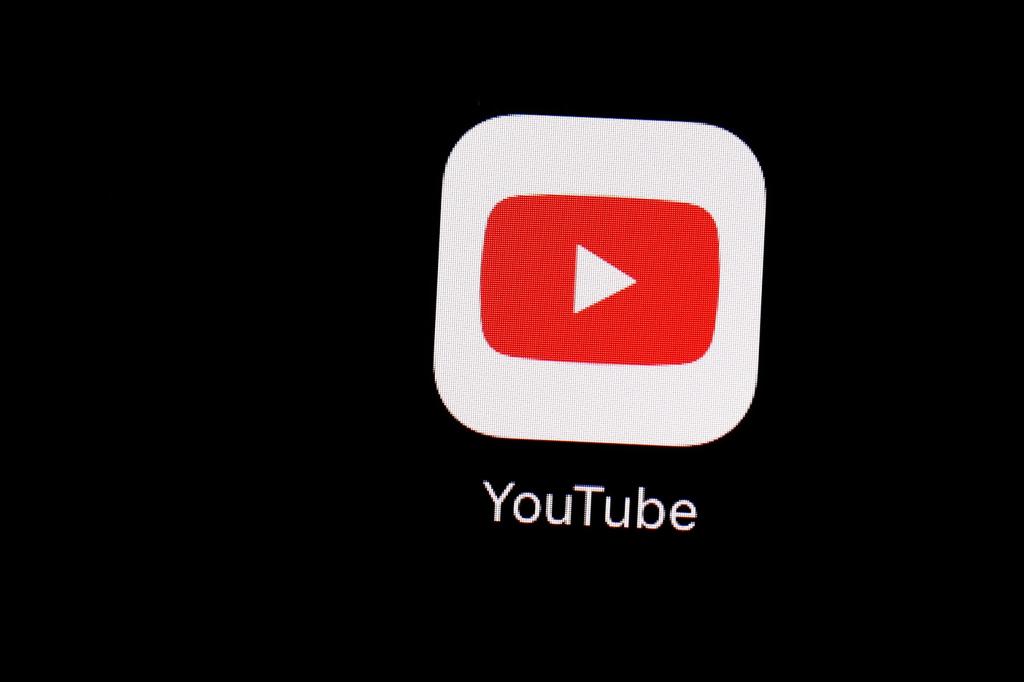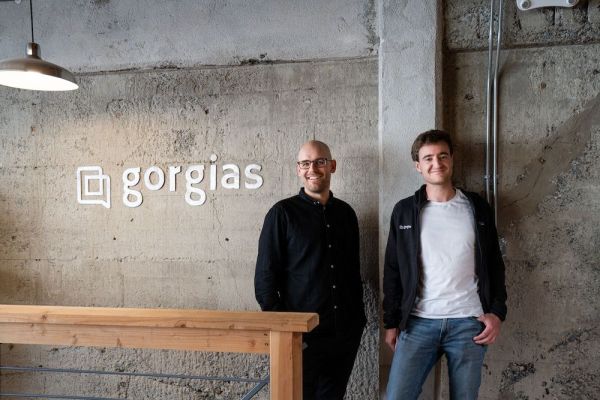By Mark Bergen, Gerrit De Vynck and Christopher Palmeri | Bloomberg News
Walt Disney is said to have pulled its advertising spending from YouTube, joining other companies including Nestle, after a blogger detailed how comments on Google’s video site were being used to facilitate a “soft-core pedophilia ring.” Some of the videos involved ran next to ads placed by Disney and Nestle.
All Nestle companies in the U.S. have paused advertising on YouTube, a spokeswoman for the company said Wednesday in an email.
Video game maker Epic Games and German packaged food giant Dr. August Oetker also said they had postponed YouTube spending after their ads were shown to play before the videos. Disney has also withheld its spending, according to people with knowledge of the matter, who asked not to be identified because the decision hasn’t been made public.
On Sunday, Matt Watson, a video blogger, posted a 20-minute clip detailing how comments on YouTube were used to identify certain videos in which young girls were in activities that could be construed as sexually suggestive, such as posing in front of a mirror and doing gymnastics. Watson’s video demonstrated how, if users clicked on one of the videos, YouTube’s algorithms recommended similar ones. By Wednesday, Watson’s video had been viewed more than 1.7 million times.
“Any content — including comments — that endangers minors is abhorrent and we have clear policies prohibiting this on YouTube. We took immediate action by deleting accounts and channels, reporting illegal activity to authorities and disabling violative comments,” a spokeswoman for YouTube said in an email.
Total ad spending on the videos mentioned was less than $8,000 within the last 60 days, and YouTube plans refunds, the spokeswoman said.
Two years ago, several major advertisers pulled spending from YouTube, the video site owned by Alphabet’s Google, after ads surfaced next to extremist and violent content. YouTube has also faced criticism for hosting inappropriate videos meant for kids. Google took several steps over the past two years to reassure advertisers about the problem. Many of the brands that boycotted YouTube, including Procter & Gamble and AT&T, have since returned to buying ads on the site.
YouTube on Tuesday released an updated policy about how it will handle content that “crosses the line” of appropriateness.










